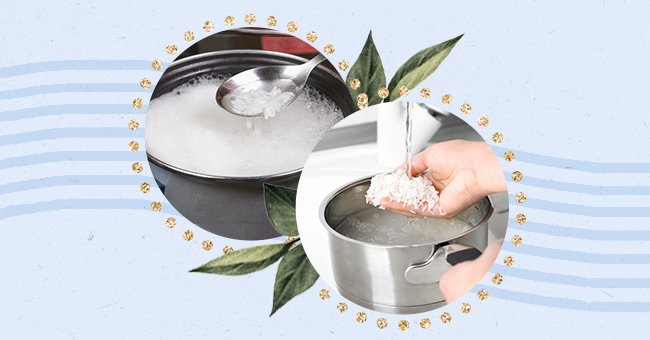
Mistakes To Avoid When Cooking Rice
Tasteless and sticky rice? You don't know how to cook it! You can make fantastic side dishes, salads, snacks, and even desserts from this cereal. Well, you just need to learn how to cook correctly and not make mistakes.
We don't always get the best out of rice. Sometimes it burns at the bottom; other times, the grains stick together. The rice is among the foods that lend itself to different kitchen preparations, which is why you should never miss it in the pantry.
Cold or hot, rice is easily eaten with everything! But for it to be tasty and safe for your health, there are some mistakes to avoid.
Wash The Rice
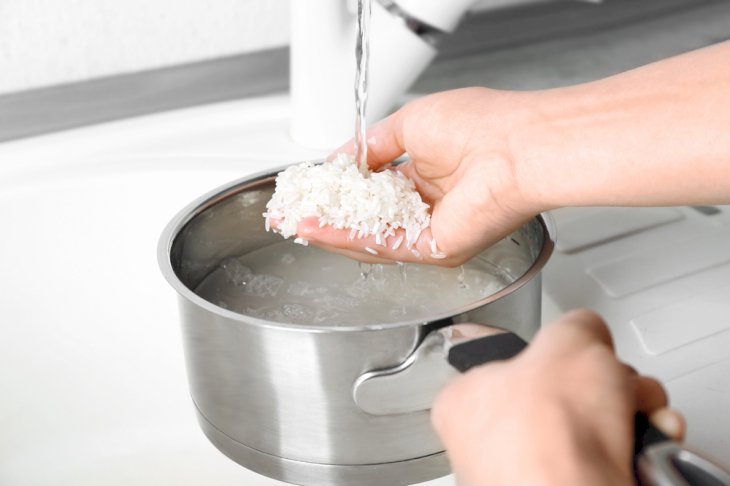
Shutterstock
The first rule to prevent the rice from cooking well is to wash it thoroughly. Once you have chosen the quantity, you want to cook, pour it into a saucepan and washed under running water.
In this way, you achieve two things. The first is that any products such as preservatives and pesticides will go away. The second is that the excess starch goes away, which otherwise would make the rice stick like glue.
The Right Water
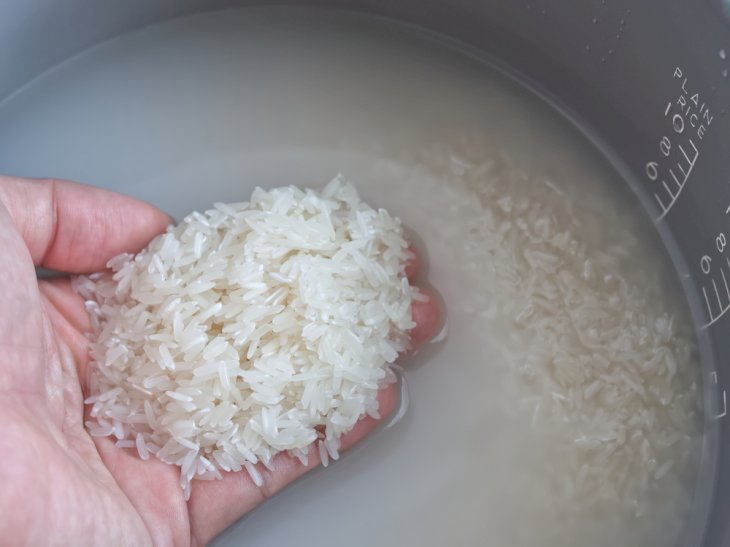
Shutterstock
There are two ways to cook rice, with a lot of water or just enough quantity. The first is generally what is done in Italy by simulating pasta. Plenty of water in the pot; when it boils, add salt, pour in the rice, and when it is cooked, you drain.
The second system is the one used in the rice fields. Put the rice in the pot and add the water just a finger above the level of the rice.
Add Salt And Cook
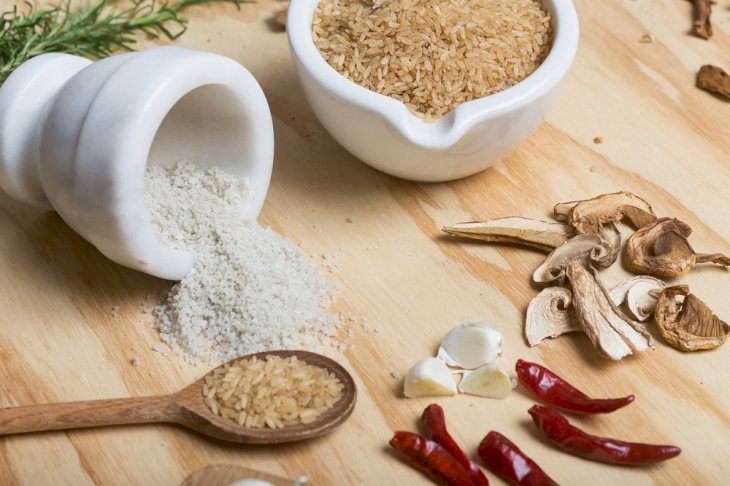
Shutterstock
In eastern countries where rice is the daily bread, this is cooked without salt. If you want, you can also add salt. In this case, a small amount, when put in the pot.
The water is quickly boiled for cooking, and then the flame is immediately lowered, covering the pot with the transparent lid. Thus the water does not evaporate immediately. The rice is cooked thanks to the steam in a delicate way and without sticking.
Using Unflavored Cooking Liquid
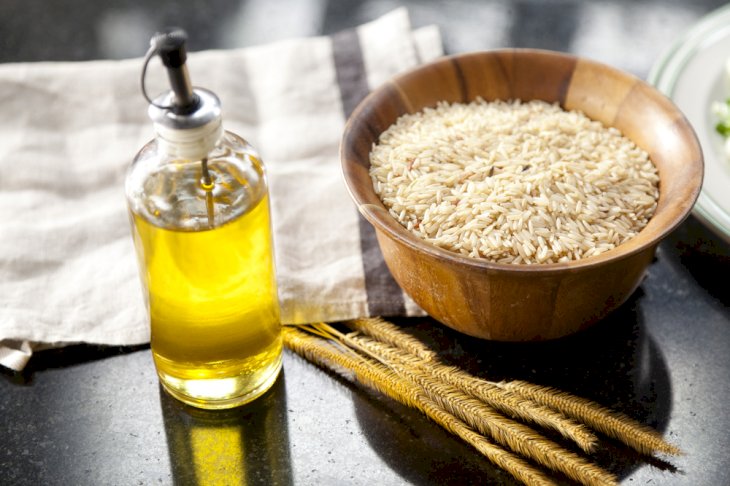
Shutterstock
Ideally, you'll cook your rice in some sort of broth, but if you don't have one on hand or if that's just not your thing, at least be sure to salt your water.
Half a tablespoon of salt for 35 cl of water should be enough. A tablespoon of olive oil per 35 cl of water also works and will help prevent sticking.
Boil The Rice
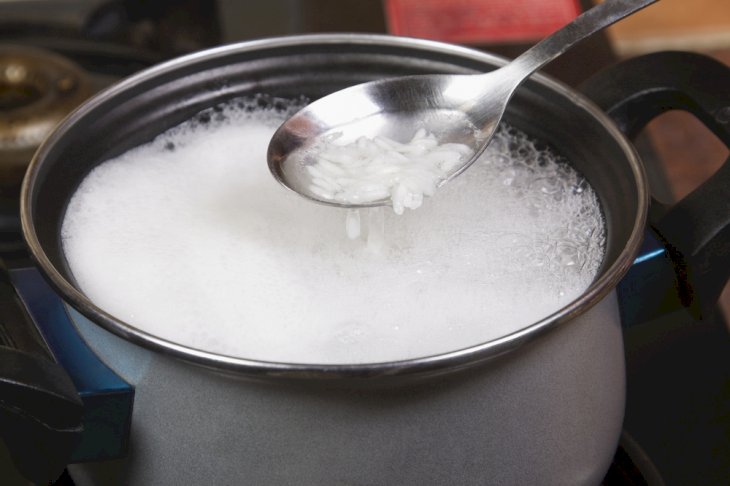
Shutterstock
Not only does boiling accelerate the evaporation of water, but the violent stirring also causes the stirring of additional starches in the rice, which makes it very sticky.
Cooking over low heat corresponds to a water temperature of 80°C to 95°C producing tiny, soft bubbles instead of a full boil.
Adding Cold Water While Cooking
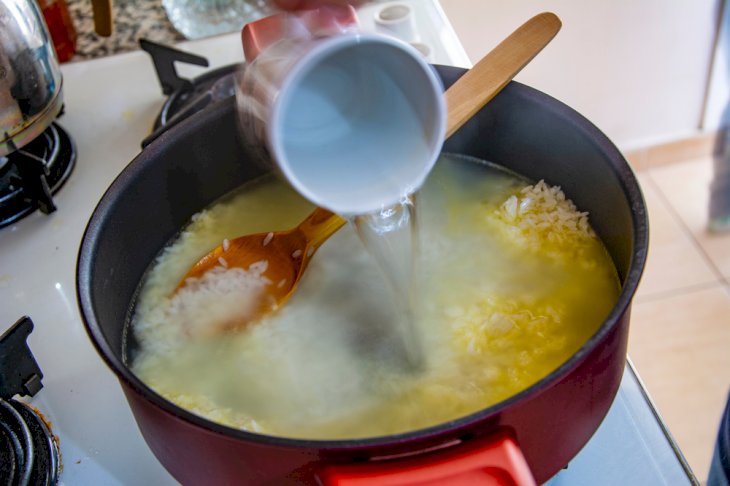
Shutterstock
If we add water during cooking, we prevent the rice from burning, but as the added water is cold, it breaks the cooking cycle, and the rice does not swell as well. Also, if you put too much water, the rice will be soggy.